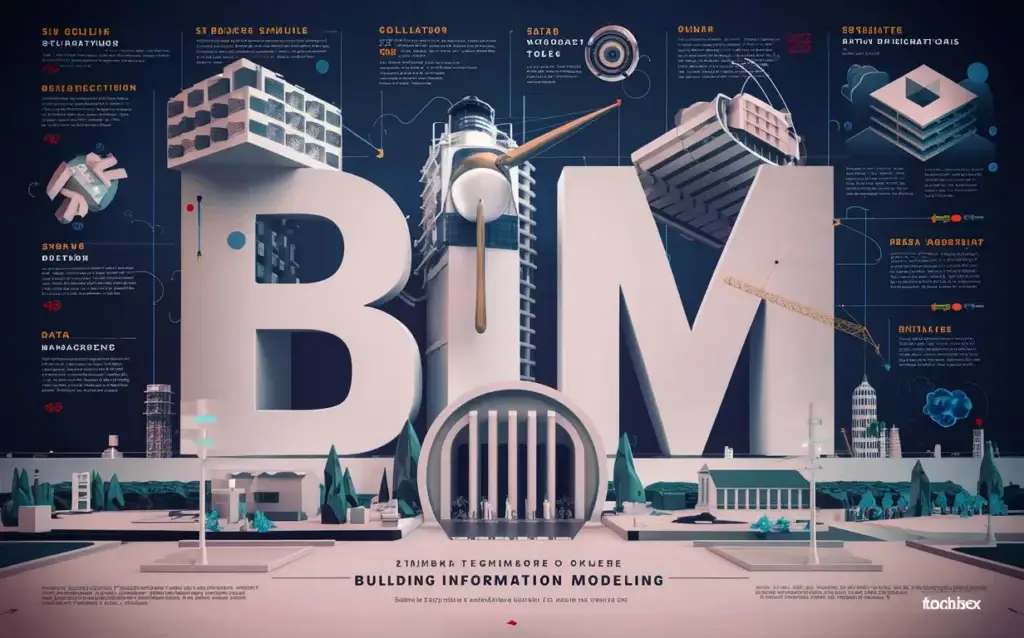Customer loyalty: How companies build long-term customer relationships
Customer loyalty is a key factor for the long-term success of companies. Studies show that acquiring new customers is on average five to seven times more expensive than retaining existing customers. It therefore makes economic sense for companies to prioritise customer loyalty as a strategic goal. Loyal customers generate stable and predictable sales. They buy more frequently, spend more per transaction and are less price-sensitive. According to a study by Bain & Company, a [...]
Customer loyalty: How companies build long-term customer relationships Read more »

















